Easiest herbs to grow
leonardocorn_8
13 years ago
Related Stories
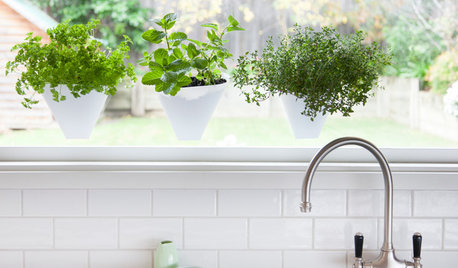
HERBSHow to Grow Herbs Indoors
Have a sunny window? Enjoy the flavor of fresh herbs year-round by growing them in the house
Full Story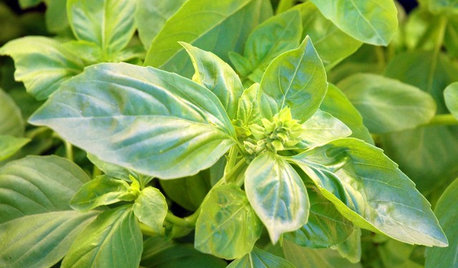
SUMMER GARDENINGHow to Grow Basil
Bright color, quick growth and endless uses for cooking make this summer annual a winner in the garden or a pot
Full Story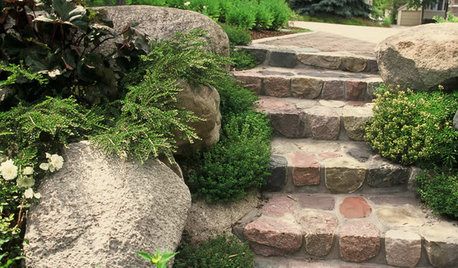
EDIBLE GARDENSHerb Garden Essentials: How to Grow Thyme
Common thyme and its flavorful cousins are anything but ordinary in the garden
Full Story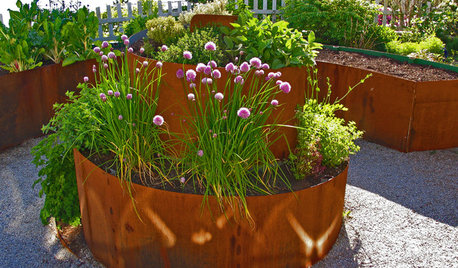
URBAN GARDENSContainers Make Growing Edibles a Cinch
If life hands you a lack of land, grow lemons — with a few basics, you can proudly reap the fruits, veggies and herbs of your labor
Full Story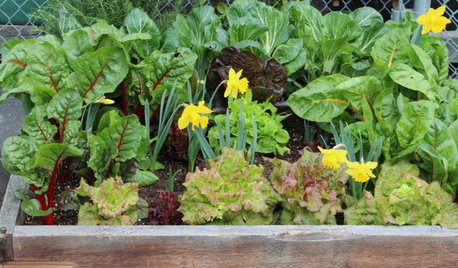
FARM YOUR YARDGrow a Kitchen Garden in 16 Square Feet
Got a sunny 4-by-4 space? You can make meals more interesting with your own vegetables and herbs
Full Story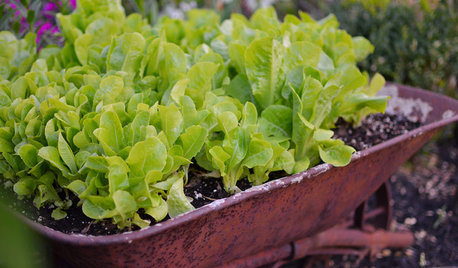
GARDENING GUIDESYes, You Can Grow Food in a Shady Yard
Your shady garden doesn’t have to be forever barren. Berries, herbs and other shade-loving plants can produce a delicious bounty
Full Story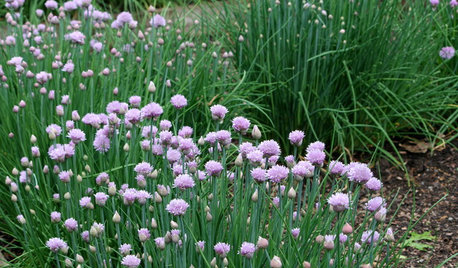
HERBSHerb Garden Essentials: How to Grow Chives
This decorative and delicately flavored herb from the onion family is easy to grow indoors and out
Full Story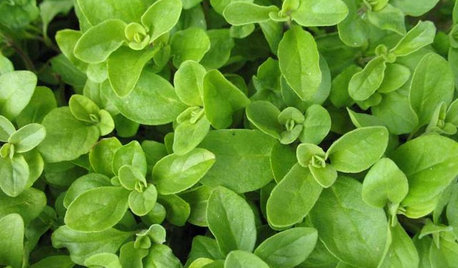
EDIBLE GARDENSHerb Garden Essentials: Grow Your Own Oregano and Marjoram
Say 'buon giorno' to classic Italian herbs you can grow just as easily in pots as in the summer garden
Full Story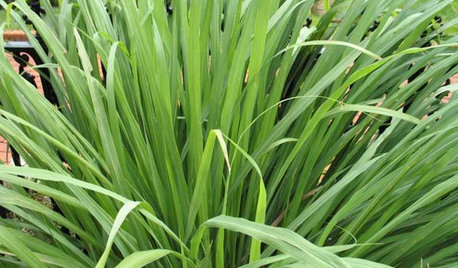
HERBSHerb Garden Essentials: Grow Your Own Zesty Lemongrass
Add lemony goodness to cooking and tropical flavor to your yard with this grass-like herb native to Southeast Asia
Full Story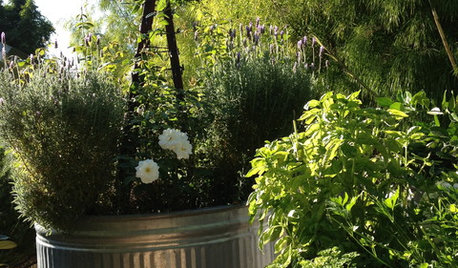
EDIBLE GARDENSGrow Herbs for Fresh Flavor and Good Looks in the Garden
With sun and a patch of ground, you can have all the fresh flavor you need for cooking right outside your door. Here's how to get started
Full Story

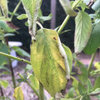
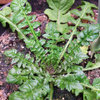
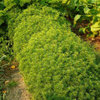
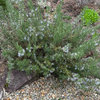
flora_uk
nikkibear84
Related Professionals
Kapaa Landscape Architects & Landscape Designers · La Marque Landscape Architects & Landscape Designers · Taylorsville Landscape Architects & Landscape Designers · Cornelius Landscape Contractors · Edwardsville Landscape Contractors · Lexington Landscape Contractors · Middletown Landscape Contractors · Plymouth Landscape Contractors · Siloam Springs Landscape Contractors · Tacoma Landscape Contractors · View Park-Windsor Hills Landscape Contractors · Wickliffe Landscape Contractors · Brandon Roofing & Gutters · Grand Rapids Roofing & Gutters · Newnan Roofing & Guttersrhizo_1 (North AL) zone 7
fatamorgana2121
Daisyduckworth
leonardocorn_8Original Author
seysonn
opal52
tempusflits
leonardocorn_8Original Author
fatamorgana2121
Kevin Reilly
User
emileeg
eibren
fatamorgana2121
trivedi_south
opal52
fatamorgana2121
tn_gardening
neohippie
tracydr